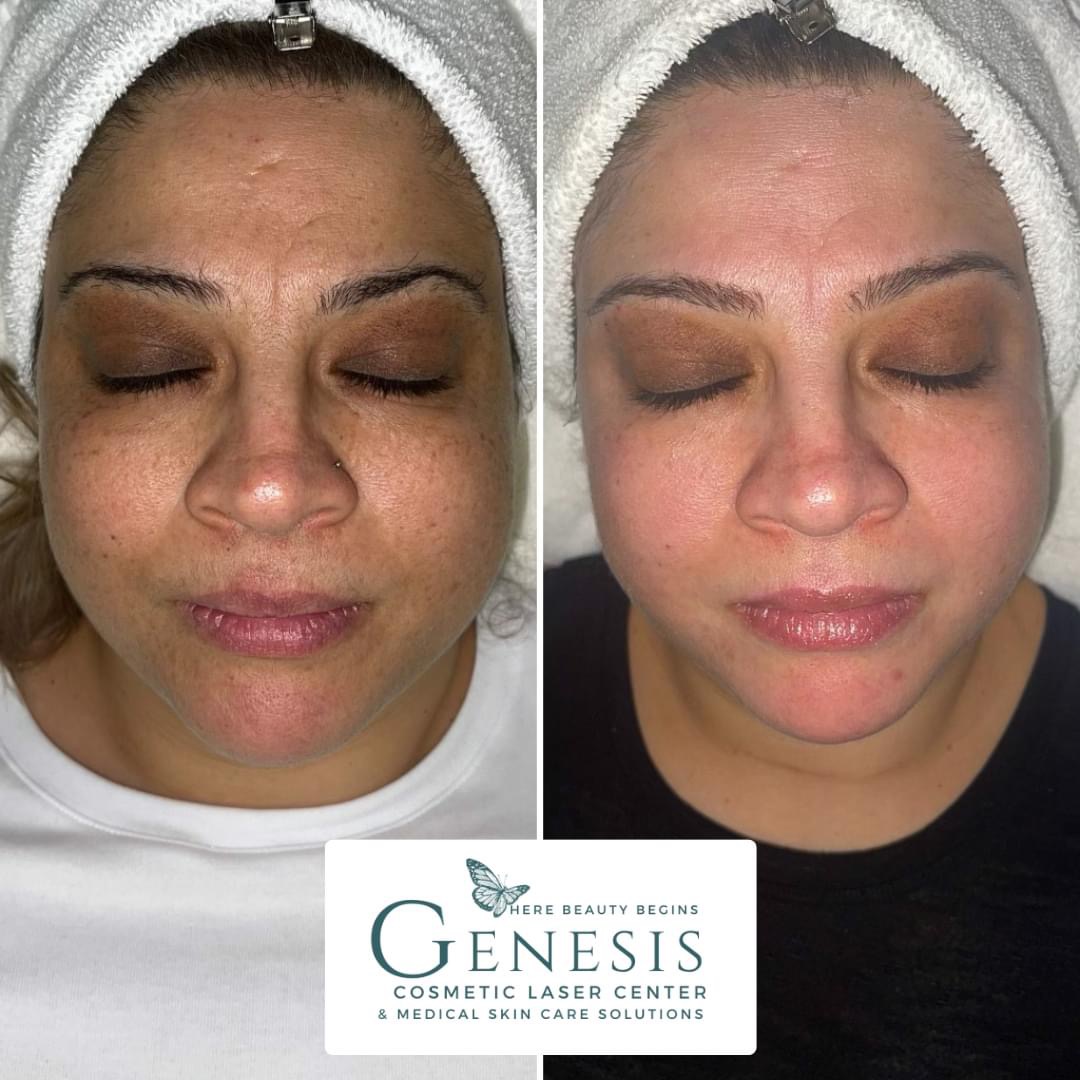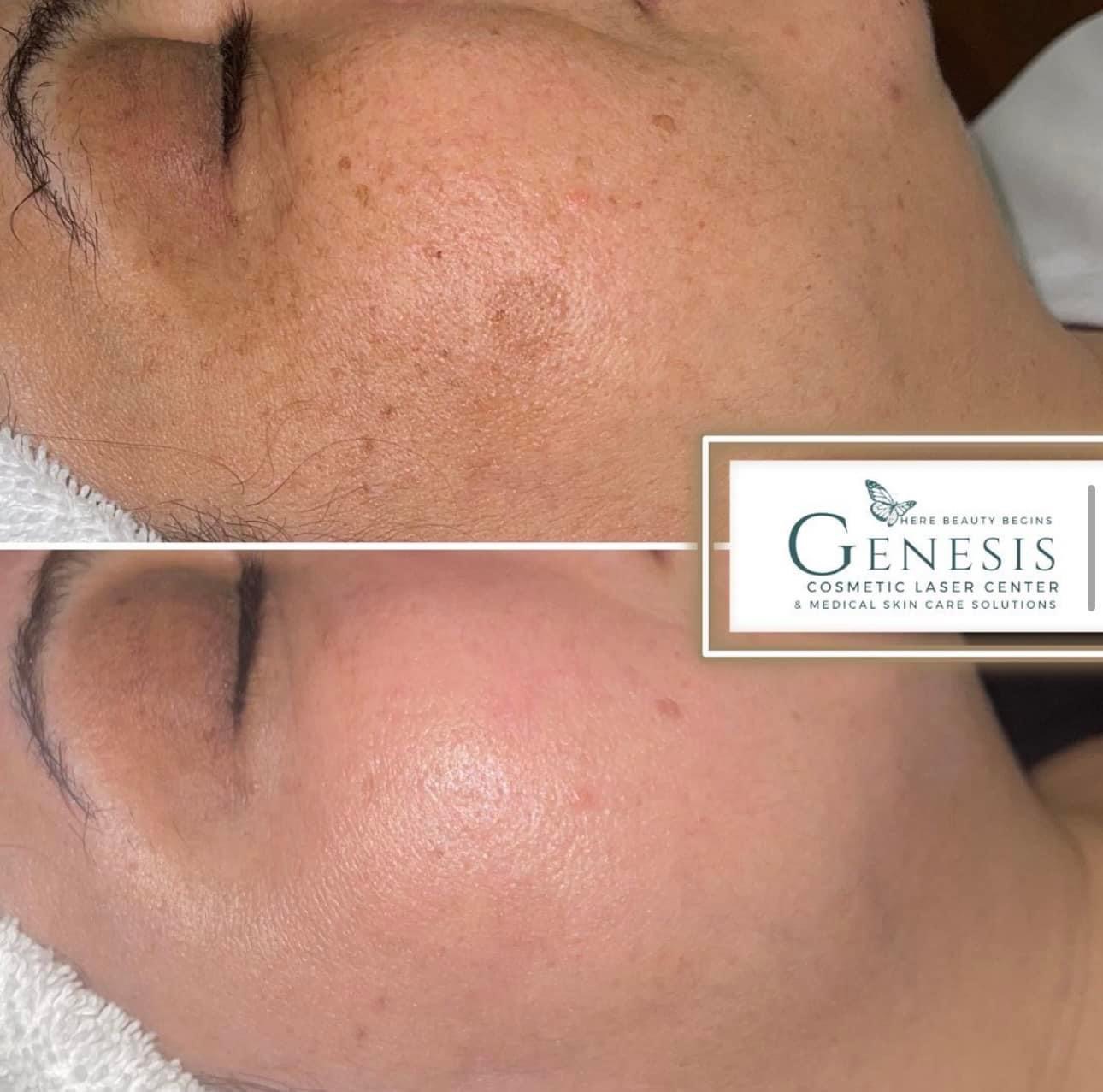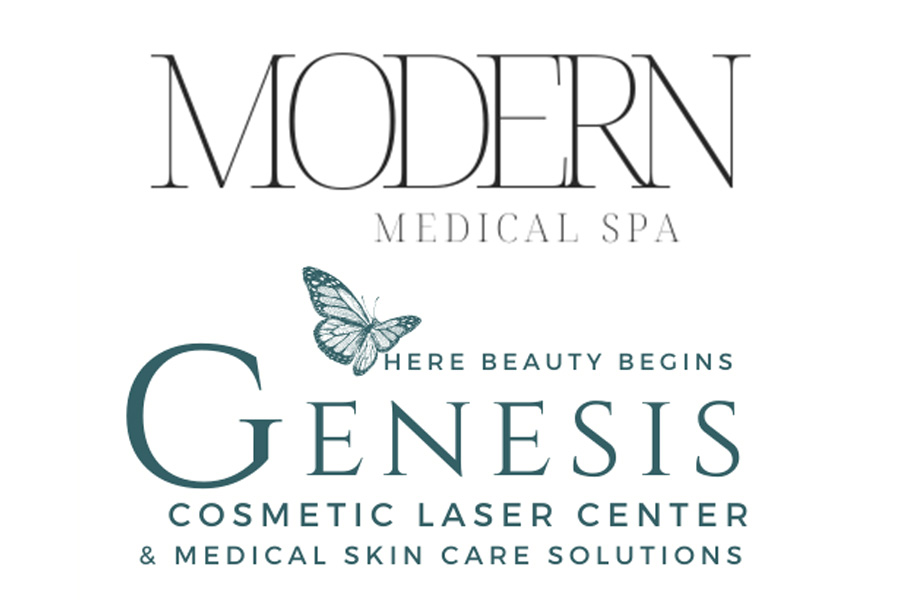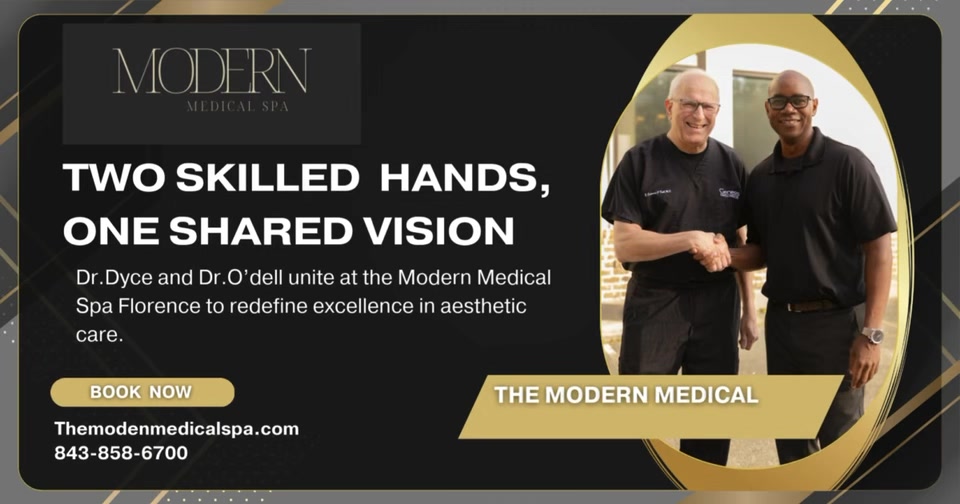Medical Grade Chemical Peels
Florence SC + Hartsville SC
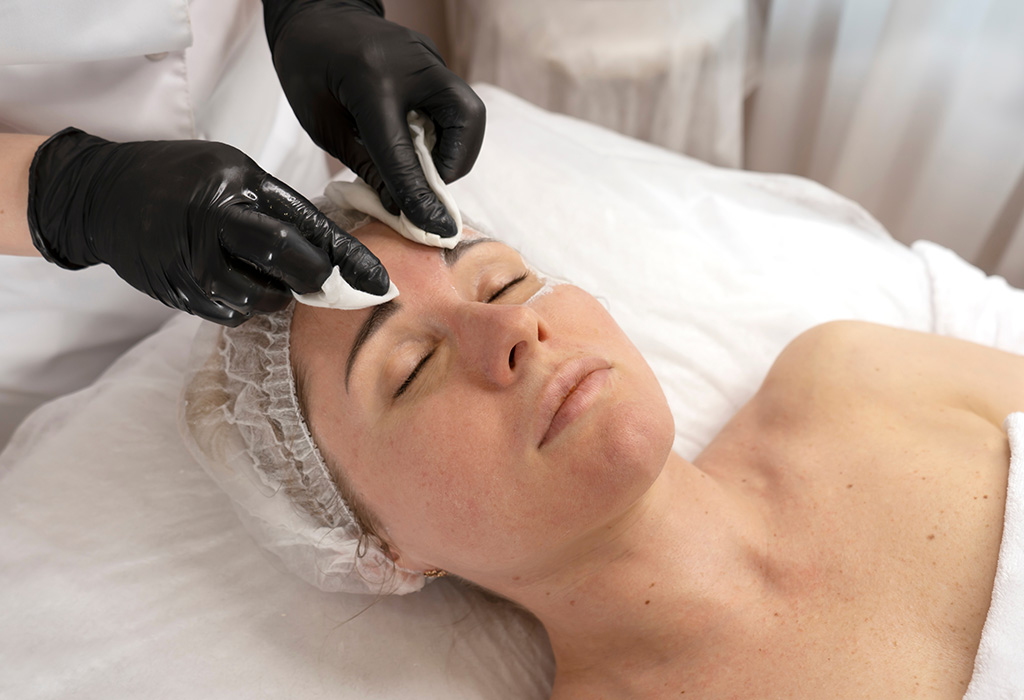
Treatment Type
Facial
What Medical Grade Chemical Peels Treats
Melasma
Skin Texture/Tone
Acne Scarring
Hyperpigmentation/Brown Spots
Sun Damage
Medical Grade Chemical Peels Benefits
Immediate Results
Boosts Skincare Product Obsorpotion
Leaves behind smooth, soft skin
Complementary Treatments
Downtime
4 to 7 Days
Number of Treatments
1-3 Treatments
What Is Medical Grade Chemical Peels?
Revitalize your skin's texture with the magic of a chemical peel! This transformative procedure involves the application of a chemical solution to the skin, which works wonders on imperfections and overall skin quality. The cherry on top? There are three levels of peels to choose from: superficial, medium, and deep, each with its own set of unique benefits.
Hyperpigmentation or sun damage? No problem! Peels can effectively target these issues. And if you're battling acne scars or fine lines and wrinkles, a peel can help soften those as well. Moreover, the peel process boosts collagen production, resulting in plumper skin and smaller pores.
Simply relax and let the peel work its magic. Within 12-48 hours after the treatment, the outer layers of your skin will start to peel away, revealing healthy new skin underneath.
Don't fret if there's a little downtime, depending on the depth of the peel, just be gentle with your skin and use SPF. Your provider will provide you with detailed post-care instructions tailored to your skin type and peel type. Get ready for clear, radiate skin at Genesis Cosmetic Laser Center!
If you have any questions about our services, please contact today at (843) 669-2220.
